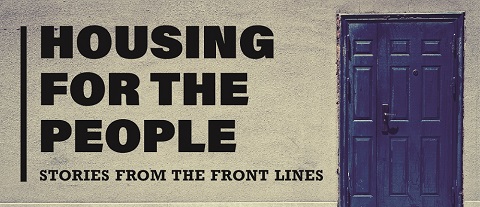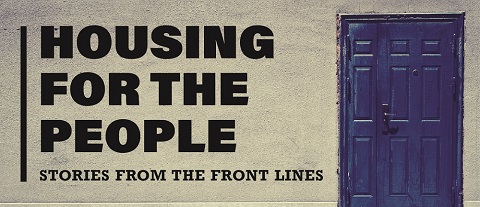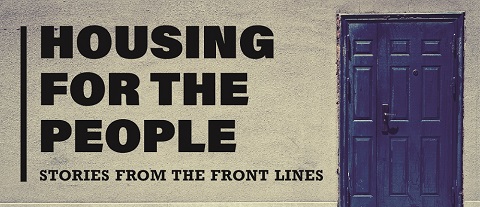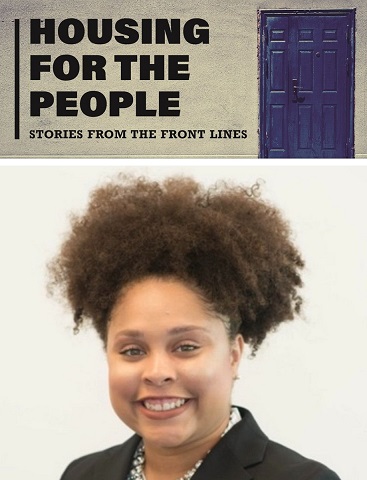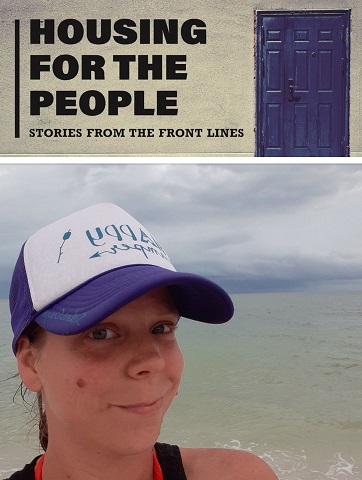By Poul Struve Nielsen, Hus Forbi
Yes, you should vote in the elections for the European Parliament. And do ask your candidates about homelessness – it matters what subjects they raise and how they vote. This is the message from Freek Spinnewijn, the director of FEANTSA, the European NGO working to bring an end to homelessness, made up of a network of 130 member organisations from 30 countries, including 28 EU member states.
“We have always been very keen to work with Danish stakeholders, in particular with SAND (the Danish national organization for homeless people). There are only a few organisations that are run by homeless people themselves,” Spinnewijn says.
Eventually, he comes to the point of our conversation – the upcoming European elections, which will take place between 23 and 26 May across EU nations, including the UK after Brexit was pushed back until the end of October. He warns that voters must not neglect the importance of the European Parliament. “I think it is important to have a European Parliament that speaks about homelessness. The democratic legitimacy of the EU comes from the Parliament. If the Parliament talks about homelessness and puts pressure on the Commission, which proposes the legislation and the policies, as well as on the Council, which defines the political direction, it will affect the focus in policies.”

Soft politics
This year, FEANTSA celebrates its 30th anniversary at a time when countries like Hungary and Denmark have criminalised homeless people, and when there is little doubt that the fear of foreigners has played a role in the Brexit vote. The European economies that are doing well could probably not keep up their growth rates if not for the import of qualified labour from other EU countries and yet a few foreign beggars with plastic cups on the pavements can spark political debates about foreigners and ‘us and them’.
Spinnewijn acknowledges that the European Union’s influence on social politics is limited. But it matters. “We are talking soft politics. The European Union cannot legislate on homelessness. What we, as an NGO network, want the European Union to do is to make sure that there are sufficient resources available to support homeless people in different countries. We also want the EU to make funding available and to see that there is an exchange of experiences when it comes to combatting homelessness,” says the FEANTSA director.
When he started working within homelessness 17 years ago, he had the impression that homelessness was more or less under control. But things have gone from bad to worse. “Even in countries with very good welfare systems, like Denmark, homelessness has increased in the last five to ten years. There are good policies in place. But the increase in the number of homeless people has to do with wider problems like cuts in social benefits and the housing markets.”
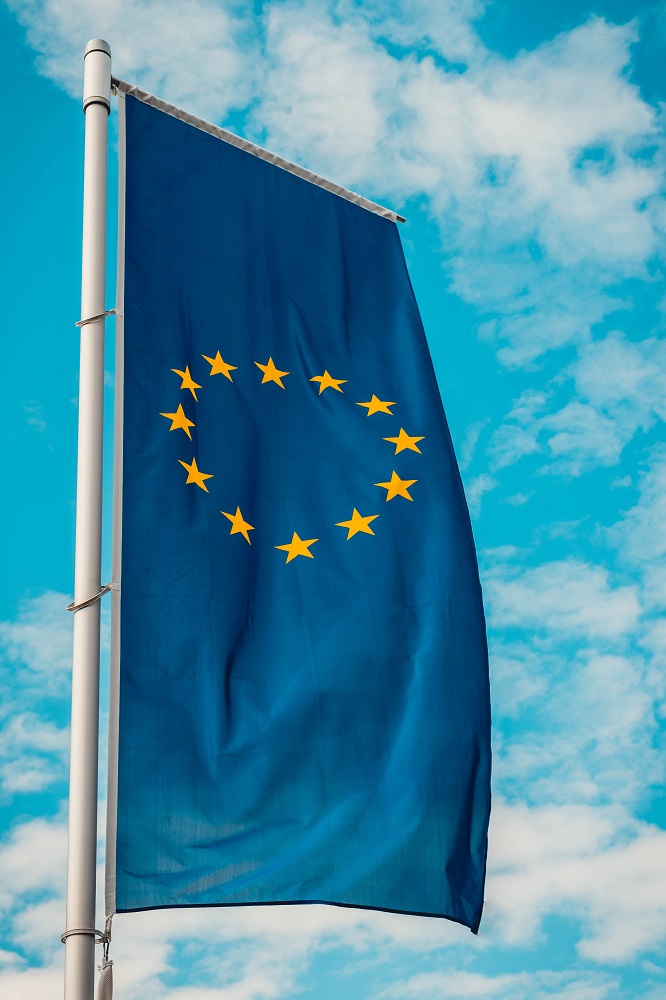
Need for clarification
Spinnewijn calls for a clarification in terms of the legal status of the cross-border homeless population in EU countries. “The first thing we wish to accomplish is that at least the legislation in place should be clarified. The right to shelter is important for FEANTSA. Can homeless people be denied access to publicly funded night shelters? Can they be denied access to emergency services? The legislation is not entirely clear. The Parliament should put pressure on the Commission to at least clarify the legislation when it comes to cross-border homelessness.
“At the moment, there are two possibilities. The first one is to help people into some kind of work. Quite a few homeless people are strong enough to get a job if they get some support. The second possibility is to send the foreign homeless back to their home country. If this is the solution, it should be organised with connected services in the EU countries. If they are to be sent back, they should be sent back in the proper way.”
Spinnewijn adds that this really is a matter for the EU. “I have never understood why politicians are not pushing this problem back to the EU. It is not a Danish – or another nation’s – problem. It is a European problem. The problem is related to EU matters and legislation. The next step is to say: ‘Now we are going to look for solutions in the EU’. I have not seen social ministers bring these issues up in an EU context.
“The amount of cross-border homelessness in Europe is a manageable number of people. What happens is that states criminalise people and try to make living so difficult that they return. It is not a very human action to criminalise. And politics should be human in any EU country. Anything else would be misunderstanding the whole concept of the European Union.”















